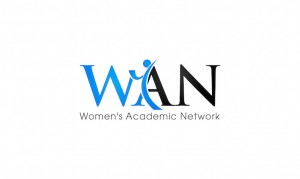
A lunchtime Women’s Academic Network (WAN) event on the 4th June to participate in a panel composed of three senior, high profile BU women proved to be one of our most popular WAN events. This drew in a wide audience of female academics of all ranks from across all the Faculties of the University. We were additionally honoured to have in the audience our VC, Professor John Vinney and the PVC for Global Engagement, Dr Sonal Minocha.
The panel included Sue Sutherland (OBE) Chair of the University Board, Professor Gail Thomas, Dean of the Faculty of Health & Social Sciences and Head of Centre Excellence Learning and Professor Christine Maggs, Dean of the Faculty of Science & Technology. The seminar topic focused on an interactive discussion of career progression, achievements and dealing with potholes, cul-de-sacs, obstacles and speeding highways along the way from the personal and professional perspectives of our three eminent speakers.
Professor Sara Ashencaen Crabtree opened by the event by welcoming the audience, introducing the speakers and warmly acknowledging all the support provided by panel members and her fellow co-convenors, Associate Professor Dr Heather Savigny and Professor Chris Shiel– not forgetting every member of the WAN community, whose numbers across BU grow weekly. This has helped to make WAN a powerful and exhilarating vehicle for achieving equality in diversity at BU.
The honesty, humour, courage and grit of the speakers in talking so candidly about their road to success was a revelation to the audience who were both moved and liberated to engage fully in discussions with the panel, plying them with questions, comments and sharing their own stories. This was the opportunity to demonstrate that strength in leadership lies in being able to reveal human vulnerabilities and aspirations – a lesson that was deeply inspirational to everyone in the room.
The VC closed the event with his own account – personal, unembellished and moving, staying on to discuss with WAN members his own vision for the future in respect of our shared aims. We, co-convenors, were delighted that the success of this event as another step towards assisting our fellow female colleagues on their paths to progress where the superb examples offered by our outstanding panel received a myriad of compliments from our enthralled WAN participants.
Reminder: Next WAN event Chaired by VC Professor John Vinney, 7th July, 5pm TAG02, Tolpuddle Annexe, Talbot Campus.
Topic: Getting to the top: A grand plan or serendipity?
Speaker: Professor Judith Petts, CBE, Pro Vice-Chancellor Research & Enterprise, University of Southampton
Please note: this is an Open WAN Seminar – all academics, irrespective of gender, are warmly invited to attend. For full details of, and registration for Event: Prof Judith Petts, PVC Southampton, please see https://www.eventbrite.co.uk/e/getting-to-the-top-a-grand-plan-or-serendipity-tickets-17003423698
Professor Sara Ashencaen Crabtree, Dr Heather Savigny & Professor Chris Shiel,
WAN Co-convenors
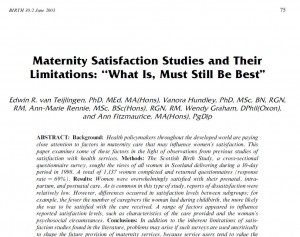
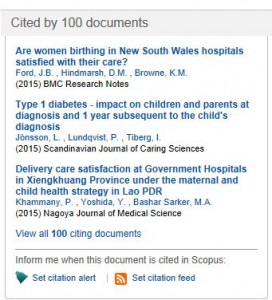
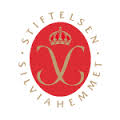

 The project which has received Fusion Funding from BU aims to:
The project which has received Fusion Funding from BU aims to: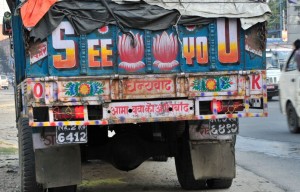
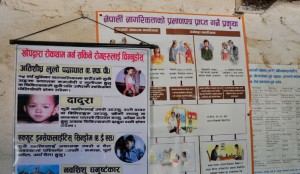




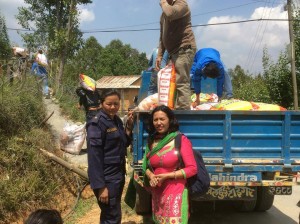
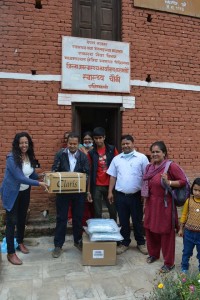
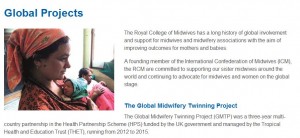











 New CMWH paper on maternity care
New CMWH paper on maternity care From Sustainable Research to Sustainable Research Lives: Reflections from the SPROUT Network Event
From Sustainable Research to Sustainable Research Lives: Reflections from the SPROUT Network Event REF Code of Practice consultation is open!
REF Code of Practice consultation is open! ECR Funding Open Call: Research Culture & Community Grant – Apply now
ECR Funding Open Call: Research Culture & Community Grant – Apply now ECR Funding Open Call: Research Culture & Community Grant – Application Deadline Friday 12 December
ECR Funding Open Call: Research Culture & Community Grant – Application Deadline Friday 12 December MSCA Postdoctoral Fellowships 2025 Call
MSCA Postdoctoral Fellowships 2025 Call ERC Advanced Grant 2025 Webinar
ERC Advanced Grant 2025 Webinar Update on UKRO services
Update on UKRO services European research project exploring use of ‘virtual twins’ to better manage metabolic associated fatty liver disease
European research project exploring use of ‘virtual twins’ to better manage metabolic associated fatty liver disease